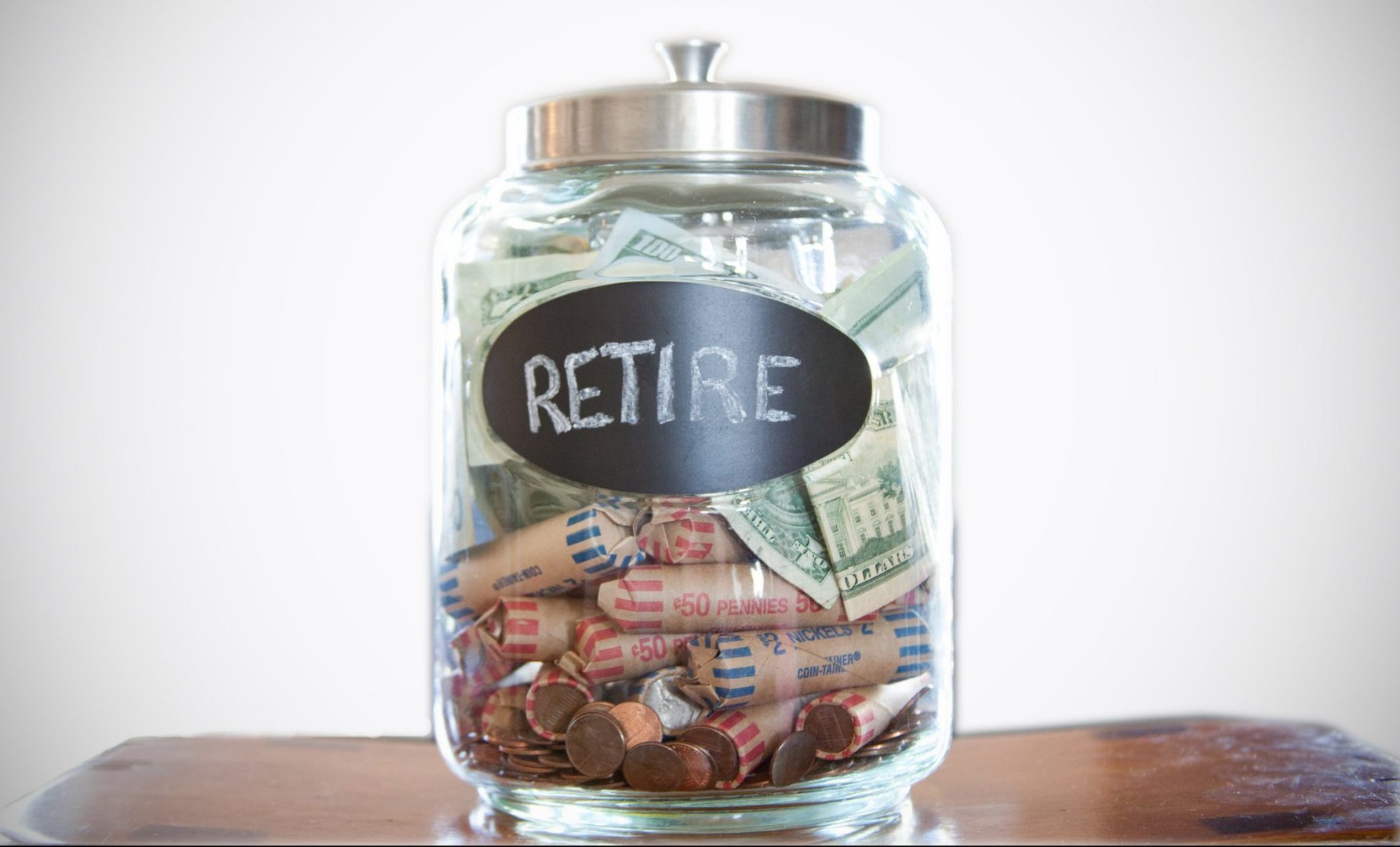 View Winners →
View Winners → Time is Up and Retirement Is Here for Baby Boomers


Let’s talk retirement. – Courtesy photo / American Advisors Group (CC BY-SA 2.0)
If you first saw the light of day between 1946 and 1964 then you fall in the baby boomer category. This means you’re either just beginning retirement or already deep in it, but why is retirement and old age a concern now?
This section of the population is languishing in regret fueled by a misinformed savings habit, and an increase in the health care costs, not to mention a slowed recovery. As a result, many senior citizens feel discouraged, and they believe they can no longer achieve their dreams.
The last four years or so years testify to this. Thanks to a report by the Insured Retirement Institute, economic satisfaction among boomers is taking a nosedive. This is despite a sharp increase observed in the years after the economic crisis.
However, since then, they have been on a constant decline. About 43 percent enjoy economic satisfaction which is significantly lower than the 79 percent witnessed in 2012.
What Caused the Sharp Decline?
The stock market shot up similar to home prices, and yet boomers did not seize these opportunities. A lack of savings explains this missed opportunity. In fact, the same report from the Insured Retirement Institute reveals that a staggering 45 percent of boomers lack any form of investments. Half of the rest had just over $100,000 in savings.
On the other hand, wages remained stationary all this time, if not on the decline, but health care costs continued to rise. As a result, saving became more of a luxury than a necessity. In addition, co-pays and multiple deductibles, among other costs contribute, to minimal to zero savings according to most workers.
Health care is a major concern weighing on boomers. For example, a couple at 65 years will spend at least $245,000 on medical expenses during their retirement. It gets more expensive as you get older, with seniors above 85 expected to spend a third of their income on health care.
With such impending costs headed the boomers’ way, it’s no wonder they’re full of regrets. A huge percentage of boomers feel they should’ve started saving much earlier and optimized their 401(k)s or any other retirement plans.
In both instances, the percentage of those feeling regrets rose in the last year, with two-thirds wishing they would have started saving earlier. It doesn’t stop with the regrets, though, as IRI’s report indicates there’s more to worry about:
A sizeable number of boomers continue to ignore their retirement contributions. What’s more, they struggle to pay off their rent or mortgages and other expensive nation21loans . In addition, this demographic also took distributions from their plans too early, which triggered taxes, and, they are now paying penalties for that move.
The report also shows that boomers rely too much on their Social Security. In fact, they consider this as their primary income source. In 2011, that figure stood at 42 percent, but five years later, it shot up to 59 percent.
Within the same period, five years, the number of boomers who think that leaving money to their heirs is important dropped to 46 percent from 63 percent.
Caught Up with Time
The same report indicates that boomers who express confidence in their retirement resources went down to 24 percent compared to 37 percent in 2011. With this increase, come certain drastic measures. One of them is to put off their retirement date.
More boomers, 26 percent, now say they’ll work until they hit 70. This is an increase from 17 percent in 2011. On the other hand, a good number say their last hope lies with their children and other family members to support them in their sunset years.
Time is running out, and reality is setting in, but what can people do now that they are deep in the situation?
Saving in Your 50s
If you’re in your 50s, you may still have time to re-organize your retirement.
Consider Catch-Up Contributions
At age 50 you may have some advantages. For example, you can increase your retirement contributions without worrying about taxes. Anyone 50 and older can contribute a maximum of $24,500 to their 401(k) and a maximum of $6,500 to their IRA. Therefore, it’s not yet a lost battle.
Create a Retirement Budget
This is difficult to do, but you can use a few pointers to guide you. To create a retirement budget, consider your monthly expenses, your lifestyle, medical bills and other support systems you intend to reap in your retirement. This includes your Social Security and your pension plan.
However, you must be careful not to under-budget with these savings goals. This is a common problem. According to a survey conducted by Fidelity, at least three-quarters of Americans underestimate what their cost of living will be when they hit retirement.
This is understandable because most people believe they won’t have too much to spend on in retirement, but they forget that they won’t have a steady paycheck. Therefore, it’s vital to have a clear picture of what you’ll spend your money on without an income.
Plan for Medical Expenses
Medical costs take up a huge share of retirees’ savings. Indeed, without a medical plan, medical bills can guzzle your entire life savings in a flash. With this in mind, you must secure your savings and finances in general.
An estimate by Fidelity Investments in 2018 showed that a couple well in their 60s will require $280,000 to cover their health in retirement.
In addition, there’s the nursing home factor. According to a Genworth report, a semi-private room in an average nursing home cost $85,776 a year in 2017.
As such, figuring out your retirement health care costs is crucial. You can do this by purchasing long-term health insurance, which can help cover additional health care, such as assisted living and nursing.
Saving While on Retirement
Once you hit retirement, your savings become your income, but you can use several methods to make good use of your life savings.
Take Advantage of Social Security
As mentioned in this article, boomers consider Social Security as their primary income, but you can use various methods to ensure you get maximum benefits.
If you were born after 1960, you’ll receive your full retirement benefits when you hit 67. For those born between 1938 and 1959, full retirement will vary, from age 65 to 67. However, you can claim your Social Security benefits once you hit 62, but you’ll collect less per year.
Nevertheless, to get your entire benefit, you must hit your retirement age.
Don’t Wait Until the Last Minute
For baby boomers, time may be up, but they still have several ways which they can exploit salvage the situation. However, for the young people, this should be a wake-up call. Don’t wait until the last minute to save for retirement.
Saving for retirement isn’t a short-term goal; rather, it’s a long-term goal. It’s one every person should remain focused on if you want a stress-free retirement. All you have to do is make the correct decisions and take the right steps toward savings before your retirement.













































































































